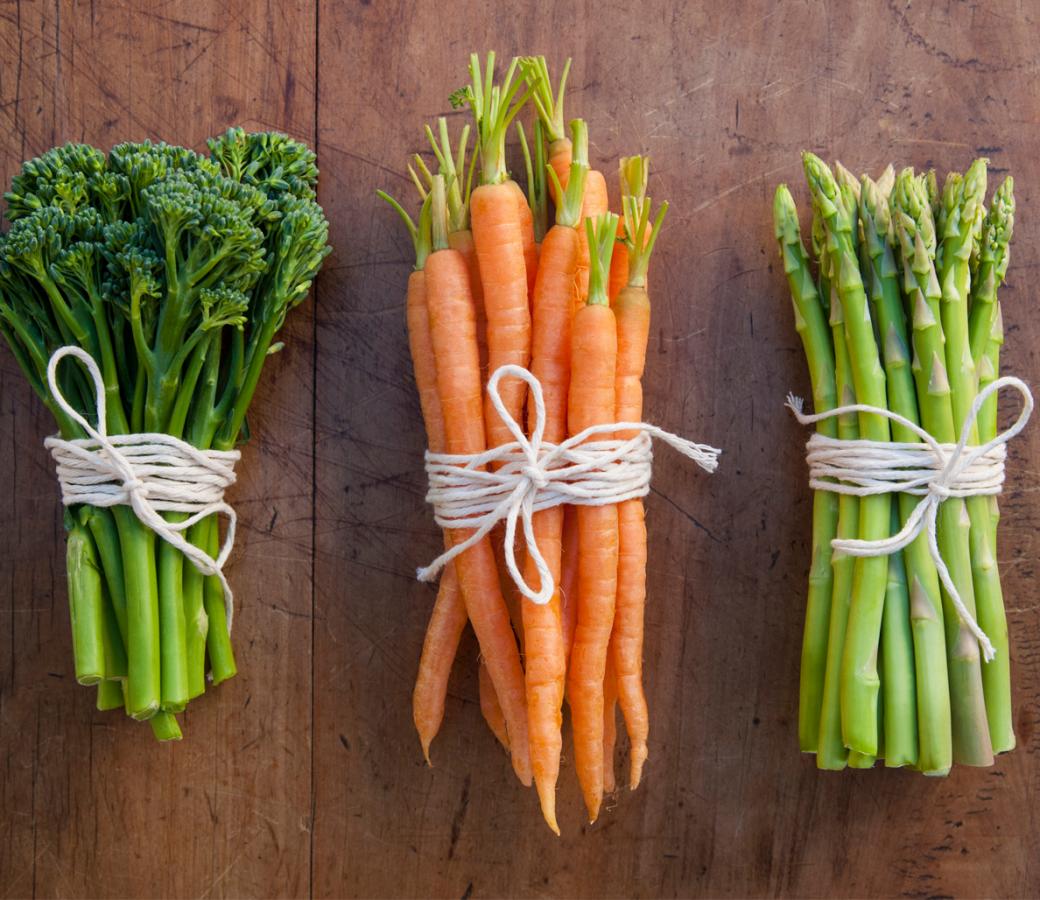The fashion for vegetarianism periodically reaches its peak of popularity and a fairly wide audience begins to follow it. But the adoption of this philosophy under the trend of fashion is fleeting and after a year or two the former meat-eaters stop feeling sorry for the cows and piglets and again begin to eat sausages, steaks and cutlets. But there are people for whom these beliefs are really important and they adhere to the ideas of vegetarianism all their lives. At the same time, they can engage in completely different types of activities, including sports. But whether a vegetarian diet is suitable for athletes, let’s try to figure it out. But first, let’s go over the terms.
What is vegetarianism?
The fact is that a vegetarian is a vegetarian. Especially I had to leave behind the scenes ethical moments about leather and fur clothes – then too long a conversation will come out. But you can talk about the differences in power systems. It turns out there are several types of these currents, and each has its own characteristics:
- Lactovegetarianism – means giving up meat, fish and eggs, accepting dairy products. One of the most common types of vegetarianism;
- Ovovegetarianism – involves the rejection of meat and fish dishes, as well as all types of dairy products, but allows eggs. Also quite common;
- Lacto-Vegetarianism is a mix of the previous two types. Excludes meat and fish only. The most common type, since it is much easier to carry and less “ripped off”;
- Classic vegetarianism – everything is possible except meat, fish and seafood;
- Sandy vegetarianism – allows you to eat fish, the rest is like the classic system;
- Veganism – so to speak, one of the extreme degrees of vegetarianism, prohibits all animal products, and in some variations even honey;
- A raw food diet – not entirely out of this opera, but also relevant, suggests a vegan menu, but exclusively everything without heat treatment and fermentation.
In principle, an athlete can still survive on lacto, lacto, sand, and classic vegetarianism, but with the rest of the systems – a big question.

What’s missing from the vegan and vegetarian athlete?
Those who want to say “brains” – calm down, these systems are not so bad. Such a diet is much healthier, rich in vitamins, capable of providing enough energy from fruits, vegetables and grains, plus nuts, which can generally be called natural mineral complexes. In addition, such food contains less solid fats (those who do not eat eggs and milk do not have them at all), the risk of intoxication is lower, the intestines and the digestive system as a whole work more actively. The only sticking point is protein and vitamin B12 deficiencies. Even experts do not have an unambiguous opinion about the latter. But everyone is used to getting protein from meat and fish. What to do to those who, for whatever reason, do not want to eat them? Those who eat milk and / or eggs will not have any difficulties at all – cottage cheese is almost equal to chicken breast in terms of protein content. With this approach, it will even be possible to gain weight. Egg white will also provide the body with the necessary amino acids, and in the most easily digestible forms.
But vegans and raw foodists will have a difficult time – they have much less protein sources, and it is absorbed much worse. The most important suppliers of amino acids have to be nuts and legumes. In principle, there is not so little protein in them – up to 18%, but a lot of carbohydrates are also added to it, so it is not so easy to “dry” on such a diet. The fact is that the fat burning stage (this is what they do when drying) involves a maximum of protein and a minimum of carbohydrates. And mostly carbohydrates should come from vegetables – because they are digested more slowly. A bean dishes contained in them with an excess of the high content of starch. Nuts, in the vast majority, contain a lot of fat, which can also cause an imbalance in the diet and disrupt the recommended diet in terms of the ratio of proteins, fats and carbohydrates.
Instead of an afterword
But the above does not mean the impossibility of effective sports activities while following a vegetarian diet. There are a few guidelines for vegan athletes to keep exercising and be ethical:
- First of all, plan protein in the diet, and only then finish off fats and carbohydrates from other foods;
- Do not neglect vitamin complexes made in accordance with ethical standards and without toxic additives;
- Consider using soy protein and soy protein products that comply with ethical and medical standards;
- Don’t forget about protein sources such as nuts, lentils, soybeans;
- If you are convinced, use more fermented milk products and eggs in your food.
Some of the world’s sports celebrities are also committed to ethical nutrition. Among them are: Mike Tyson (boxer, absolute world champion, vegan), Venus and Serena Williams (golden rackets of the world, tennis, vegetarianism), Mac Danzig (ultimate fighting, world champion, vegan), Olga Kapranova (artistic gymnastics, ten-time world champion in rhythmic gymnastics, vegetarian), Denis Rodman (basketball legend, vegan), Mohammed Ali (boxing legend, author of the rule “fly like a butterfly, sorry like a bee”, vegetarian). And this is a very short list. It can be supplemented by actors and artists, politicians and other successful personalities. It is enough for any person to simply set a goal, and a way can always be found.
